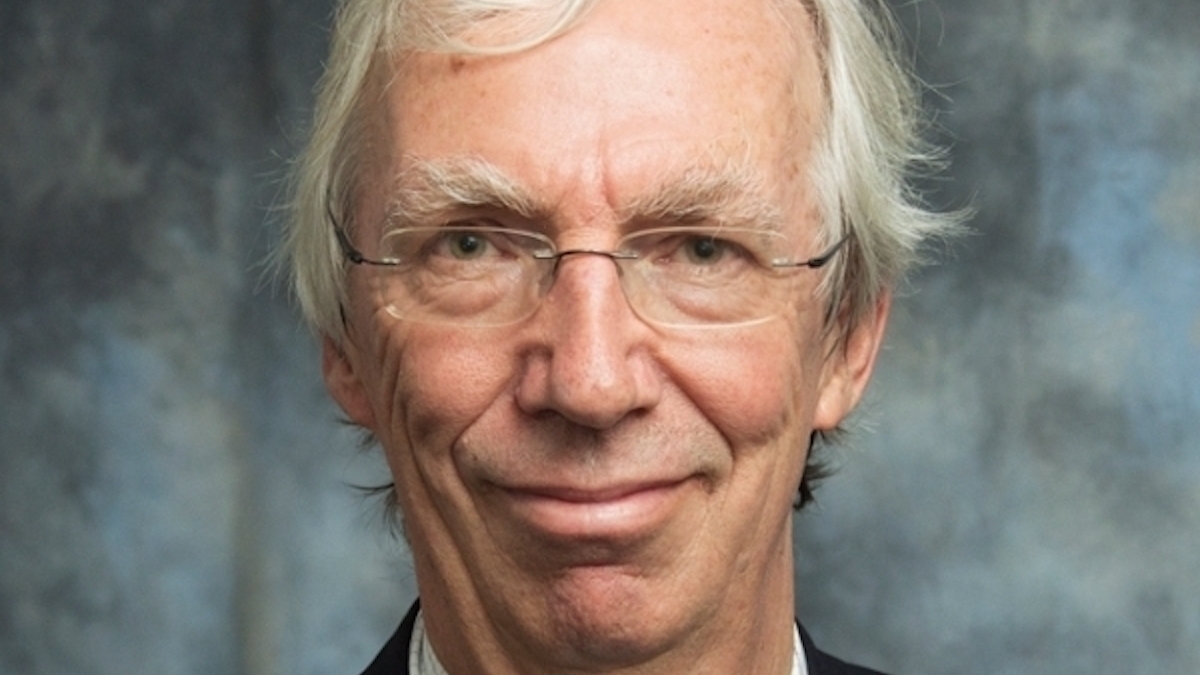Inflation raises the cost of living, which can have a negative impact on a community or state. When an area becomes too expensive to live in, people vote with their feet, according to one economist.
University of Houston economics professor Steven Craig said a clear example of this exists today, noting that California has allowed government spending to run rampant. There has been a price to pay for that, as its population has slumped.
The state reported a loss of 182,000 people in 2020, the first time the state has seen a population reduction in its history. It remains easily the most populous state in the nation, with 39.5 million people.
The national Consumer Price Index rose 0.4% in September following an 0.3% increase in August, both on a seasonally adjusted basis. In September 2021, the all items index rose 5.4% prior to being seasonally adjusted.
The increases for two crucial items, food and shelter, drove more than half the all item increase recorded year over year in September. Energy and gasoline prices also increased.
The recorded increase of 5.4% in September was 0.1 points higher than that of August, which saw a 5.3% increase year over year.
According to a report released by the Greater Houston Partnership, the national price increases in September resulted in a return to a 13-year high.
The energy index in Houston specifically increased 28.8% compared to 24.8% nationally. This was driven by a nearly 50% increase in the cost of motor fuels. Although national gas prices rose at a slower rate in Houston than nationally, electricity cost increases in Houston nearly doubled the national rate. Grocery prices increased 5.4% in Houston while increasing only 4.5% nationally.
“It is, of course, very difficult for a single city to impact inflation," Craig told Houston Daily. "At the same time, to the extent that inflation is an ‘implicit tax’ on the citizens, that suggests that all of our local governments, city, county, school districts and others, should be mindful of the burden that the federal government is leveling on us. That suggests extra care at creating a cost-effective local government sector.
“Just for example, I believe a warning to the entire country is being given by California," he said. "Here is the state that for decades has been where everyone wants to move. We now see that they lost political representatives because the population is actually falling. The scenery has not gotten worse. Their problem is that they have made it too difficult of a place to live.”
California’s representation in the U.S. House will decline from 53 to 52 in the 2022 election.
However, there are other elements in play to explain the rise in inflation.
According to a story published by The New York Times, the two main culprits for the high increase in consumer prices are the supply chain shortages that continue to plague the world and a limited supply of housing.
The Biden administration recently announced it was taking measures to ease the supply chain shortages that are currently impacting many different aspects of the U.S. economy. The president called on Wal-Mart, UPS, FedEx, Samsung, Home Depot and Target to specifically increase their cargo movements in an attempt to ease the supply chain backlog seen at many ports.
Morten Engelstoft, chief executive of Maersk-owned APM Terminals, said in September that the way to bring the supply channels back to normal capacity was to ease consumer demand for a period to allow them time to recover. He noted the need to avoid the "vicious circle" of increasing demand on an already strained system.
Craig doesn’t believe that is a correct diagnosis or cure.
“The advice to ‘Don’t buy anything so the supply chain can recover’ is, I believe, ill-formed,” he said. “The reason that firms solve problems is because they are missing out on profitable activities if they don’t solve the problems. As consumers put on the pressure, the firms in the supply chain will be trying to solve its problems as quickly as possible. If there are no missed profits, the firms in the supply chain can take their time.
“The advice to not consume would be good if the whole world’s economy were a monopoly,” the professor said. “That it still has some competition left is our only hope to have these problems solved rapidly.”
Atlanta Federal Reserve President Raphael Bostic said Oct. 12, that the inflation being seen currently is not “transitory,” as previously claimed by government officials. He said that the sharp price increases “will not be brief.”
Craig said Houston must be aware of these factors to remain a strong, vibrant place.
“As inflation makes it more difficult to live throughout the country, we in Houston need to be mindful that people want to live in places where it is relatively easy to live,” he said.

